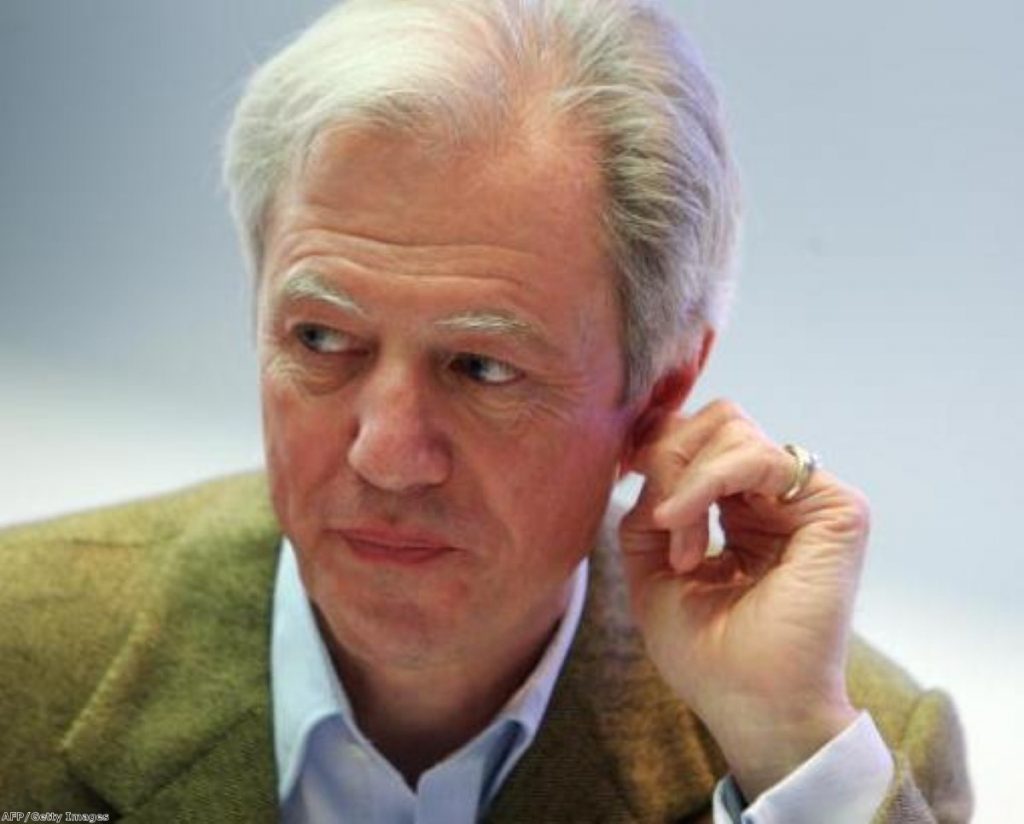Barclays anger still growing despite Agius resignation
Barclays chairman Marcus Agius has become the first big head to roll in the Libor scandal after resigning this morning.
In a statement released this morning he said he had quit because he was the ultimate guardian of Barclays' reputation, which has been "dealt a devastating blow" by last week's £290 million fine.
The penalty for manipulations of the interbank lending rate Libor had led to pressure on the bank's chief executive, Bob Diamond, to resign.
But, after a weekend in which politicians demanded criminal investigations into what many are saying appears a conspiracy to defraud, Agius was the man who gave way.


"The buck stops with me and I must acknowledge responsibility by standing aside," he said.
"I am truly sorry that our customers, clients, employees and shareholders have been let down."
Sir John Sutherland, a non-executive director of Barclays will begin the search for a new chairman on Monday. Sir Michael Rake, a senior independent director at Barclays, has been appointed deputy chairman.
Agius' resignation does not mean he will escape scrutiny from the political world. He is set to appear before the Commons' Treasury committee on Thursday, one day after Diamond's appearance.
Barclays has also announced the launch of an audit of its business practices, to be led by an independent third party, in a scramble to be seen to be taking action to address its crisis.
A root-and-branch review of all its past practices will be included, with the goal of producing a public report of its findings and a new "mandatory code of conduct" which will apply across the bank.
The resignation follows a call from the Financial Services Authority's chairman Adair Turner for the law to be tightened against misbehaving bankers.
Libor – London interbank offered rate – is the rate at which banks in London lend money to each other, but it is not covered as a 'qualifying instrument' under existing legislation.
Ministers have launched an urgent review into interbank lending, which is expected to report its findings by the end of the summer.
Calls for a full-scale Leveson-style inquiry into the state of Britain's banking sector are also intensifying.
Labour leader Ed Miliband has demanded a 12-month comprehensive inquiry, having spent the weekend warning of "institutional corruption" in the City.
Four out of five people in the UK want individuals to be prosecuted if banks break the law, according to a report by consumer organisation Which?
Chief executive Peter Vicary-Smith said: "Consumers are clearly fed up with one banking scandal after another.
"Banks and bankers will continue to be seen as untouchable unless individuals are held to account for their actions and the culture of banking is changed for good."

